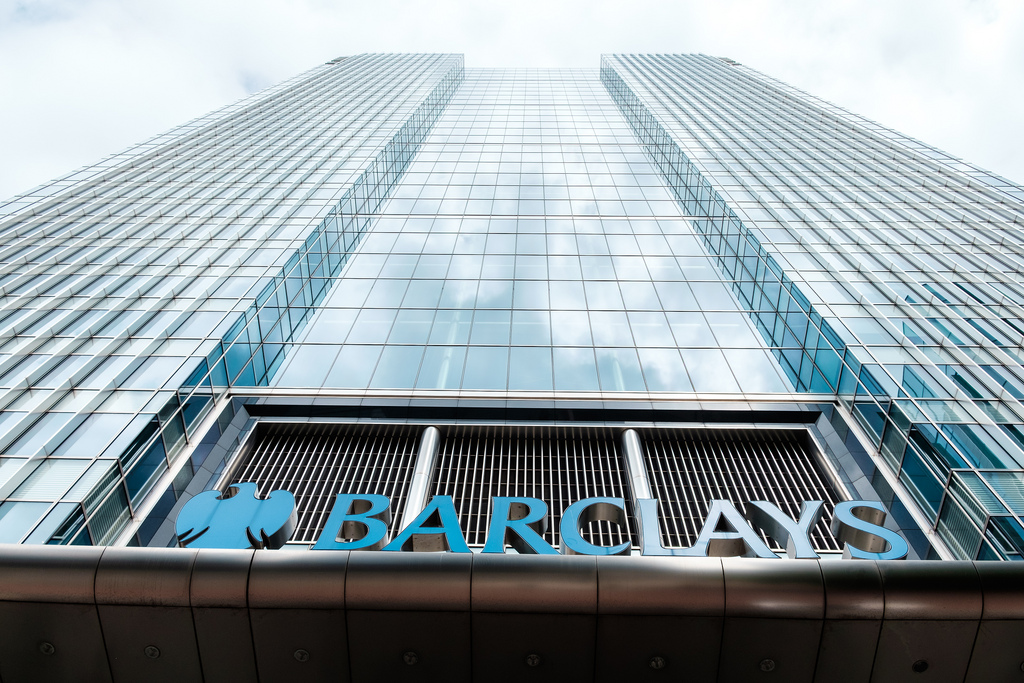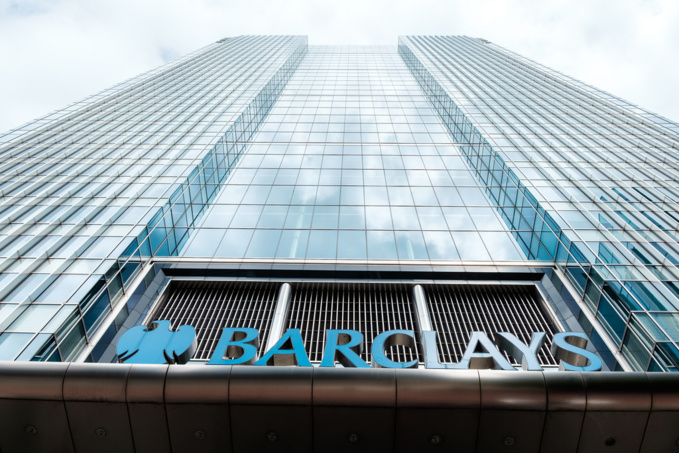By 2018, CMA wants to give citizens an opportunity to manage accounts in different banks through a single mobile application. With clients’ consent, other banks and creators of the mobile apps will have access to the customer banking history. The app will show service conditions offered by other banks for individuals to choose an offer that suits them best.
Because of this, the big banks would lose annually up to 1 billion pounds ($ 1.3 billion), now earned as overdraft commission. Many banks do not disclose what commission they charge when a customer exceeds the credit limit. Neither they warn clients of getting in the red. Under the new rules, banks will be obliged to warn customers and provide a grace period, so that clients could pay their debts.
"We are destroying the barriers that gave banks an opportunity to easily retain customers", - says Alasdair Smith, who led the investigation on overdraft fees. The investigation took two years and cost 5 million pounds to CMA. Now, only 3% of private clients, and 4% of corporate customers in the UK annually change their banks, writes the WSJ.
Large banks do not seem especially troubled. British Bankers Association said that the local banking sector already has competition, but the new application would help consumers choose a product that suits them best.
Since 2007, number of Britons, who use online banking, has doubled to 56% of all bank customers. Five years ago, people showed no interest in mobile banking applications. Now, however, smartphones establish 10 million connections to bank accounts every day.
If the mobile application for managing retail accounts take root successfully, the next step should be an app to manage savings, pensions and investments, writes the FT.
The world continues to change rapidly, and people's habits are transforming as fast. With development of mobile technology, users have adopted newfound impatience: they want to do everything just "on the go", and, at the same time, do not wish to delve into the technologies themselves. Now, fast results and simple user interface are, perhaps, the most important.
Being in the picture and winning the fight for the customer's attention requires flexibility and high speed response to users' needs and changes in the environment. In the last few years, fintech companies have begun to actively fill the niche that had always been occupied by banks. The newcomers succeed in finding out needs of customers, and use their new technological developments. Clients still keep their money in the bank, and do not refuse credit cards, yet the new players are establishing a closer daily contact with customers and are becoming a mobile wallet, cash chats and many other things.
source: ft.com, wsj.com
Because of this, the big banks would lose annually up to 1 billion pounds ($ 1.3 billion), now earned as overdraft commission. Many banks do not disclose what commission they charge when a customer exceeds the credit limit. Neither they warn clients of getting in the red. Under the new rules, banks will be obliged to warn customers and provide a grace period, so that clients could pay their debts.
"We are destroying the barriers that gave banks an opportunity to easily retain customers", - says Alasdair Smith, who led the investigation on overdraft fees. The investigation took two years and cost 5 million pounds to CMA. Now, only 3% of private clients, and 4% of corporate customers in the UK annually change their banks, writes the WSJ.
Large banks do not seem especially troubled. British Bankers Association said that the local banking sector already has competition, but the new application would help consumers choose a product that suits them best.
Since 2007, number of Britons, who use online banking, has doubled to 56% of all bank customers. Five years ago, people showed no interest in mobile banking applications. Now, however, smartphones establish 10 million connections to bank accounts every day.
If the mobile application for managing retail accounts take root successfully, the next step should be an app to manage savings, pensions and investments, writes the FT.
The world continues to change rapidly, and people's habits are transforming as fast. With development of mobile technology, users have adopted newfound impatience: they want to do everything just "on the go", and, at the same time, do not wish to delve into the technologies themselves. Now, fast results and simple user interface are, perhaps, the most important.
Being in the picture and winning the fight for the customer's attention requires flexibility and high speed response to users' needs and changes in the environment. In the last few years, fintech companies have begun to actively fill the niche that had always been occupied by banks. The newcomers succeed in finding out needs of customers, and use their new technological developments. Clients still keep their money in the bank, and do not refuse credit cards, yet the new players are establishing a closer daily contact with customers and are becoming a mobile wallet, cash chats and many other things.
source: ft.com, wsj.com



















